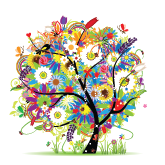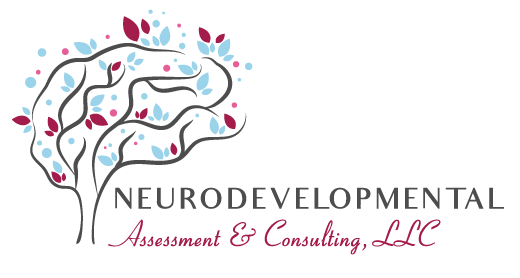Due to an unexpected medical situation, this program is currently on hold indefinitely (updated January 2026).
Build Confidence, Communication Skills, and Strong Peer Relationships.

The PALS (Play, Academic Learning, and Social Development) programs are a series of small-group, play-based sessions designed to help children build confidence, communication skills, and strong peer relationships. Each program is tailored to a specific age group—Mini Pals (ages 3–5), Young Pals (ages 6–8), and Pals (ages 8–10)—with developmentally appropriate themes, activities, and strategies.
What makes each program different?
- Mini Pals blends social-emotional learning with early academic skills. Children explore emotions, friendship, and cooperation while engaging in playful literacy, math, and problem-solving activities.
- Young Pals focuses on building core social skills like taking turns, reading social cues, and joining in group play through movement, games, and other structured activities.
- Pals is an adventure-based group for older children that uses teamwork challenges and cooperative games to explore more complex skills like conflict resolution and flexible thinking.
The Pals programs are ideal for students who struggle to make and maintain friendships, have difficulty participating in structured and unstructured social activities, struggle to initiate play with peers, and trouble demonstrating social reciprocity. Whether your child needs more tools to build social confidence or simply more opportunities to practice, these groups provide a warm, playful, and structured setting to grow. Families will have an opportunity to speak with the program director during the enrollment process. This conversation allows families to learn more about the group and helps determine if the program is a good fit for their child’s needs.
Groups will be scheduled once there is a sufficient interest and at least three participants with similar age, level, and availability. To be placed on our interest list, please contact our office.
Cost: $375/6-week session
Still have questions? See our FAQs or contact us directly for additional information or to register.
All Pals groups are held in-person at our office in Feasterville (Bucks County), PA. These services are not billable to insurance and cannot be submitted for out-of-network reimbursement. For more information about our clinical services, please visit Neurodevelopmental Assessment & Consulting, LLC.
For a small child there is no division between playing and learning; between the things he or she does ‘just for fun’ and things that are ‘educational.’ The child learns while living and any part of living that is enjoyable is also play.
–

